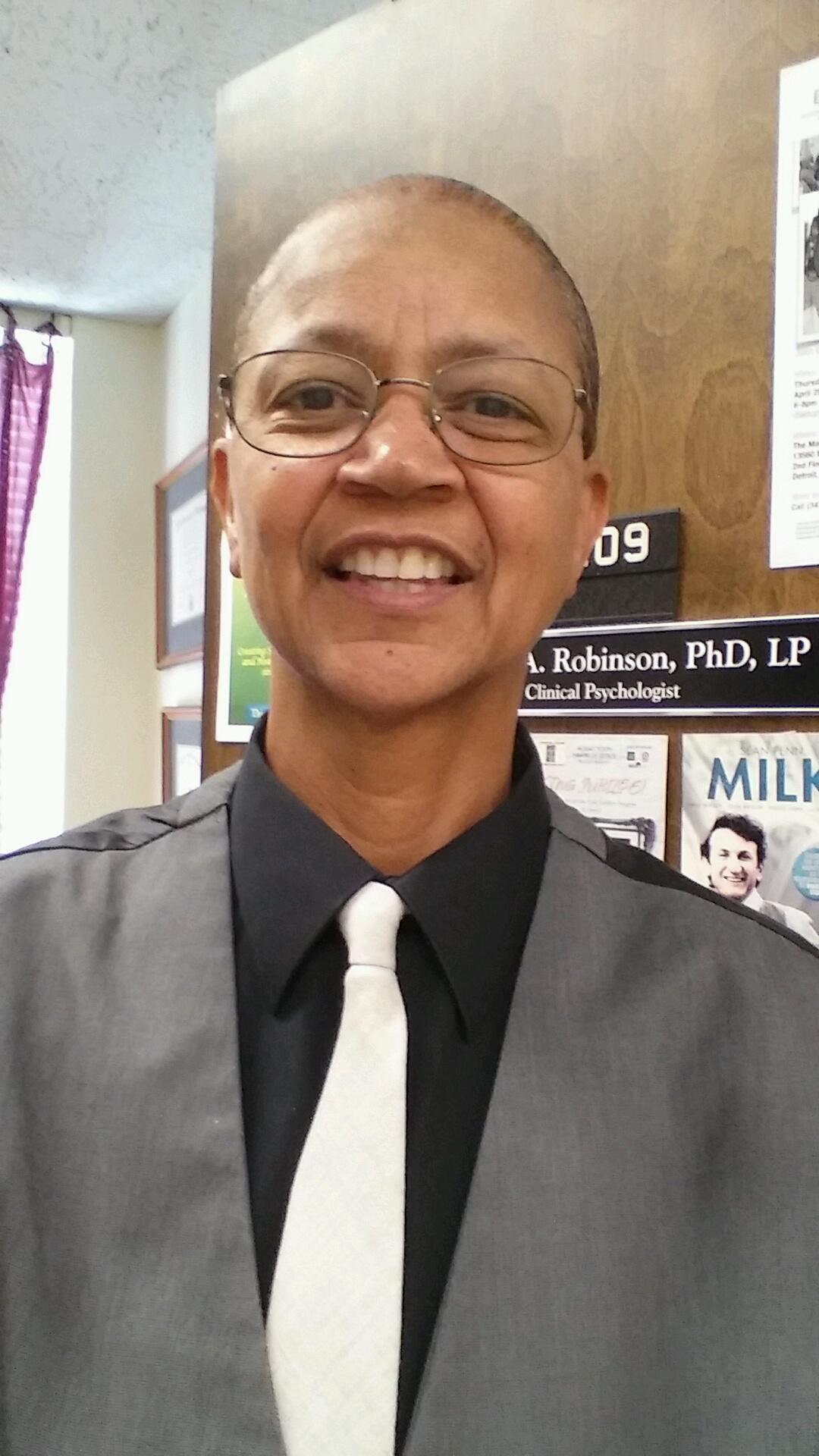It’s been quite a year. In fact, the past few years have been eye-opening for most of America. For me, and for other African Americans, unfortunately, it’s been business as usual. America has not always been fair and kind to people of color and those who are LGBTs and gender nonconforming. There is plenty to be angry about, sad about, and outraged about. For me as a gender nonconforming African American member of the LGBT community who is a woman, it’s hard for me to hear many of the comments I’ve heard in the media and all around me. It tears my heart apart. In response to “Black lives matter”, I hear “All lives matter.” That lets me know that there are still people in this country who have yet to get it, to understand why Black Lives Matter has to be asserted and visible, and why such voices need to be heard and not minimized, and why the anger and outrage should be validated.
It’s interesting that Black “rage” has been ostracized and criminalized throughout history. Ask John Lewis who was active during the Black Civil rights movement who witnessed brutality towards marchers and protesters who were anger at injustice. That’s how my ancestor’s anger was addressed, and still is. However, today, White rage (White male anger) is given not only validation but a front seat in the 2016 presidential campaign. Likewise, when 49 mostly LGBT youth of color are tragedy wiped out in Orlando, Florida, I hear silence when I walk into my job the following day, a job where the staff is mostly African American, a clinic that predominantly serves youth of color. Silence.
Yes, I have enough to be angry and sad about and I won’t allow others to tell me not to feel the way I do. Safe spaces for voicing my discontent and grappling with these and other multicultural issues are far and few between. I’m grateful for the opportunity to have such a space at MSP through the Diversity Perspectives discussion group. Ever since it’s inception, the group has grown in wisdom, insight, and willingness to take risks. I’m disheartened that more students and staff aren’t taking advantage of this program. Not all college campuses offer a structured cross-cultural dialogue where one can be heard and can listen to various viewpoints without being judged or scrutinized.
Having attending all of the groups so far, I can truly say that I’m proud to see us come together to get this process started. I know that it’s not easy and does not always feel comfortable. We can go beyond the superficial social graces and go to areas that of critical thinking and exploration. We are learning to be present in the space, even when there is disagreement. We are learning to listen proactively to other people’s personal and cultural experiences. We are learning how to talk openly and honestly about oppression, marginalization, microaggressions, privilege, and the “isms” people face in the world, and yes, the college classroom. The aim is to “keep it real” so that social change can happen. Social justice through intergroup dialogue can be the most powerful agent of change if more people would tap into this resource.
I would like to say thank you to Dr. Diane Blau for establishing this program and taking it seriously. She is behind Diversity Perspectives 100 percent and hopes that more of the MSP community will attend in the upcoming year. I wish to also express my thanks to those that have made it a point to walk in the door, sit down, and participate in the group process of discussing sometimes painful topics and celebrating the people that we all are. This takes courage in the world we live in today. I dare more of you to make time to attend and allow yourself a space you deserve to be in, a chance to speak on what you might be experiencing here at MSP, without fear of risking your standing as a student or staffperson. Safe space means safe space. However, I realize that it is hard to trust. The decision is yours. I made mine and I’m glad to have the space to vent some of my frustrations about the wrong behavior that still exists around us based on identity and status. Perhaps through our conversations, we can start to change minds, hearts, and souls to see the humanity in us all.
 Dr. Amorie Robinson is a licensed clinical psychologist practicing in and around Detroit. She is a native and resident of Detroit and is a graduate of Highland Park High School. She received her Bachelor’s degree in Psychology at Oberlin College, and her Masters degree in Educational Psychology at the University of Michigan. In 1996, she graduated from the University of Michigan with her Ph.D. in Clinical Psychology. Dr. Robinson is a member of American Psychological Association’s Society for the Study of the Psychology of Women, the Detroit-Metro Chapter of the Association of Black Psychologists (she serves as president), and the Association for Women in Psychology.
Dr. Amorie Robinson is a licensed clinical psychologist practicing in and around Detroit. She is a native and resident of Detroit and is a graduate of Highland Park High School. She received her Bachelor’s degree in Psychology at Oberlin College, and her Masters degree in Educational Psychology at the University of Michigan. In 1996, she graduated from the University of Michigan with her Ph.D. in Clinical Psychology. Dr. Robinson is a member of American Psychological Association’s Society for the Study of the Psychology of Women, the Detroit-Metro Chapter of the Association of Black Psychologists (she serves as president), and the Association for Women in Psychology.